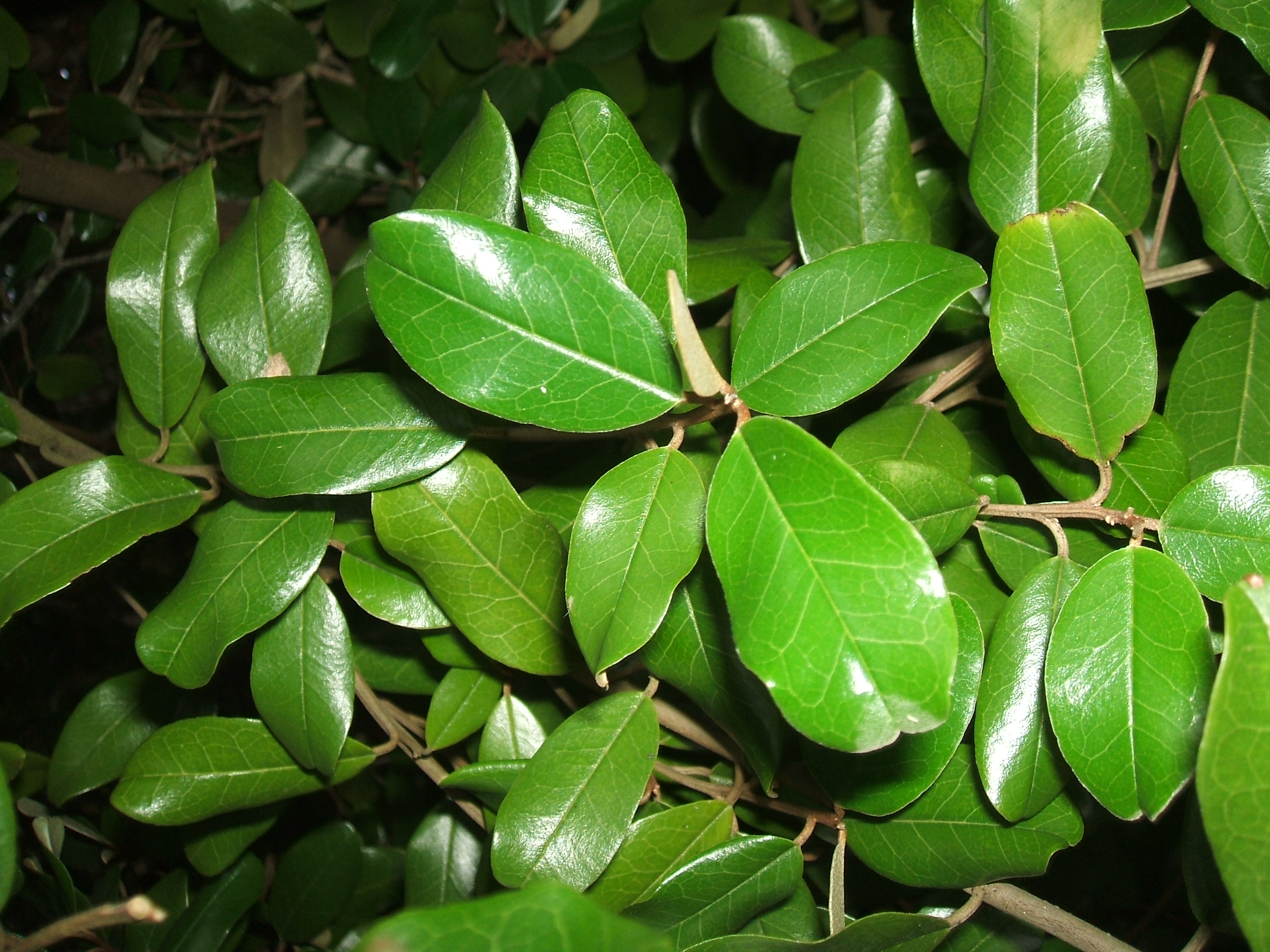Capparis Cynophallophora on:
[Wikipedia]
[Google]
[Amazon]
''Morisonia cynophallophora'' (synonym ''Capparis cynophallophora''), commonly known as the Jamaican caper, is small tree in the caper family,


Capparaceae
The Capparaceae (or Capparidaceae), commonly known as the caper family, are a family of plants in the order Brassicales. As currently circumscribed, the family contains 15 genera and about 430 species. The largest genera are ''Capparis'' (about 1 ...
, that is native to the Neotropical realm
The Neotropical realm is one of the eight biogeographic realms constituting Earth's land surface. Physically, it includes the tropics, tropical Ecoregion#Terrestrial, terrestrial ecoregions of the Americas and the entire South American temperat ...
.
Description
The brand new leaves at the apical tips of twigs are folded in half showing only the whitish, hairy abaxial (lower or ventral) side of the leaf. The adaxial (upper or dorsal) side of the leaf is glossy and darker. Fruits are long and split to release several large, brown seeds."A Self-Guided Walking Tour of Park Plants. John D MacArthur Beach State Park.Habitat and range
The native range of ''M. cyanophallophora'' includesFlorida
Florida ( ; ) is a U.S. state, state in the Southeastern United States, Southeastern region of the United States. It borders the Gulf of Mexico to the west, Alabama to the northwest, Georgia (U.S. state), Georgia to the north, the Atlantic ...
in the United States
The United States of America (USA), also known as the United States (U.S.) or America, is a country primarily located in North America. It is a federal republic of 50 U.S. state, states and a federal capital district, Washington, D.C. The 48 ...
, Mexico
Mexico, officially the United Mexican States, is a country in North America. It is the northernmost country in Latin America, and borders the United States to the north, and Guatemala and Belize to the southeast; while having maritime boundar ...
, the Caribbean
The Caribbean ( , ; ; ; ) is a region in the middle of the Americas centered around the Caribbean Sea in the Atlantic Ocean, North Atlantic Ocean, mostly overlapping with the West Indies. Bordered by North America to the north, Central America ...
, Central America
Central America is a subregion of North America. Its political boundaries are defined as bordering Mexico to the north, Colombia to the southeast, the Caribbean to the east, and the Pacific Ocean to the southwest. Central America is usually ...
, and South America as far south as northern Argentina
Argentina, officially the Argentine Republic, is a country in the southern half of South America. It covers an area of , making it the List of South American countries by area, second-largest country in South America after Brazil, the fourt ...
. It inhabits mangrove forest
Mangrove forests, also called mangrove swamps, mangrove thickets or mangals, are productive wetlands that occur in coastal intertidal zones. Mangrove forests grow mainly at tropical and subtropical latitudes because mangrove trees cannot withsta ...
s, hammocks
A hammock, from Spanish , borrowed from Taíno and Arawak , is a sling made of fabric, rope, or netting, suspended between two or more points, used for swinging, sleeping, or resting. It normally consists of one or more cloth panels, or a wov ...
and shellmounds in coastal Florida and is extremely drought resistant


References
External links
{{Taxonbar, from=Q89178658 cynophallophora Trees of the Caribbean Trees of Central America Trees of Northern America Trees of South America Trees of Cuba Flora without expected TNC conservation status Plants described in 1753 Taxa named by Carl Linnaeus